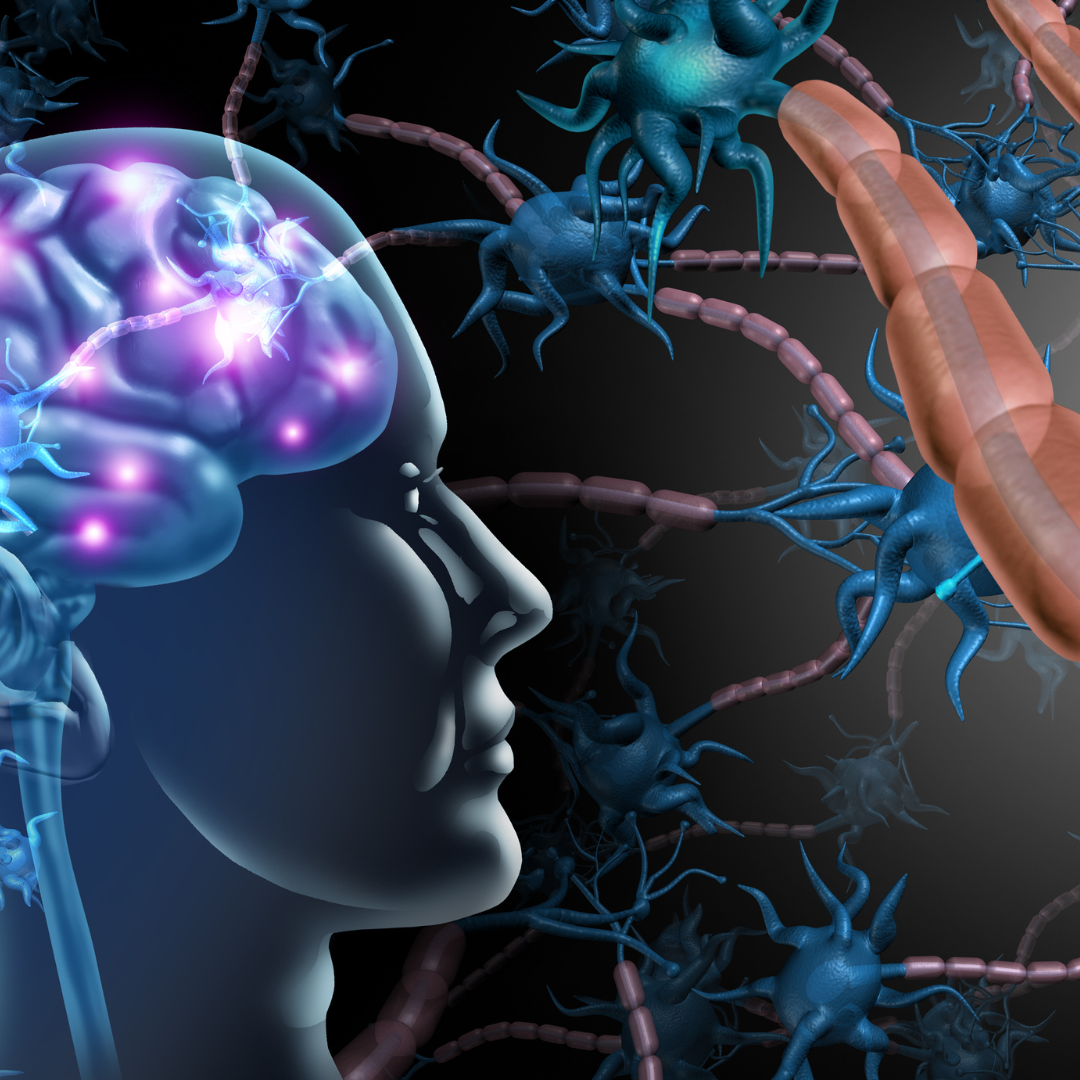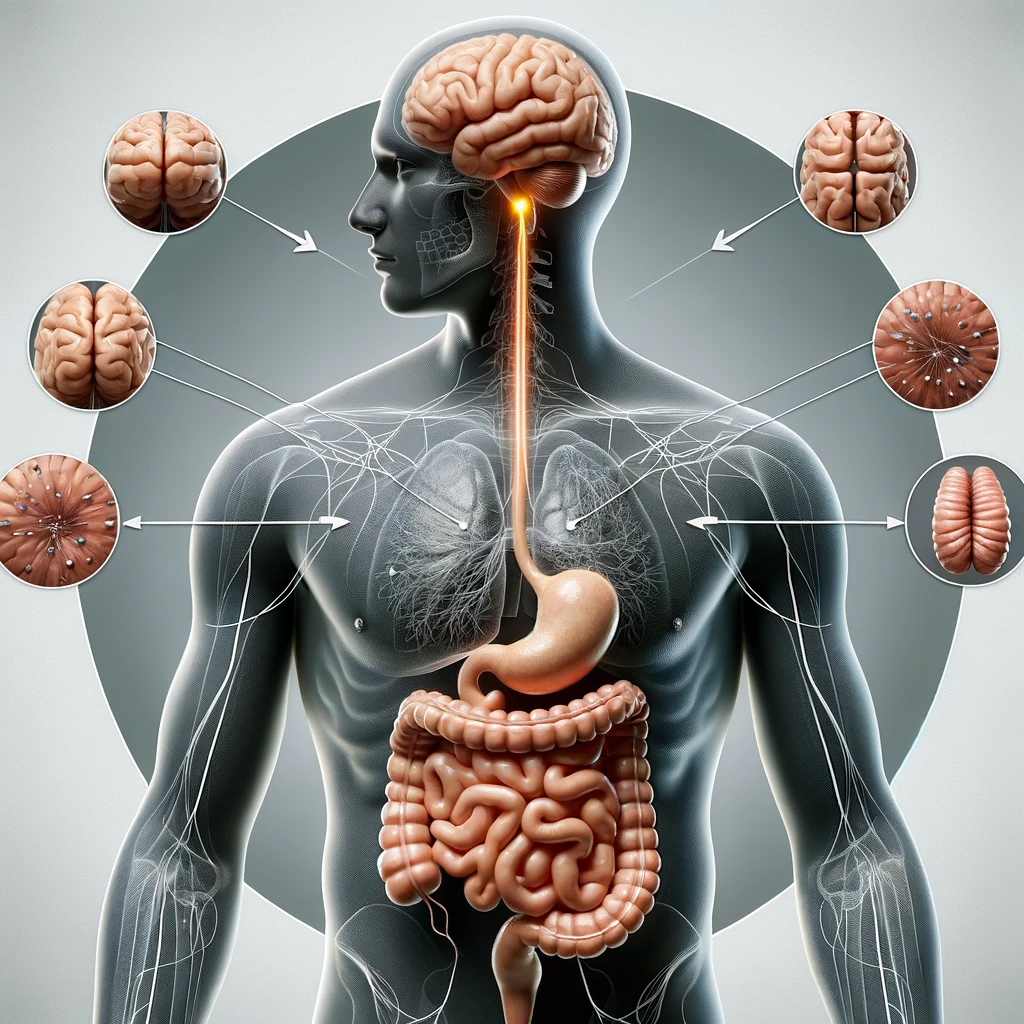Grief is a powerful emotional response to loss, characterized by deep sorrow, sadness, and longing. While it is a universal human experience, the effects of grief are deeply personal and vary widely among individuals. Recent scientific research reveals that grief not only impacts our emotional state but also brings about significant biochemical changes in our bodies. This article delves into the intricate relationship between grief and biochemistry, exploring how loss can alter brain chemistry, immune function, and overall physiological state.
The Emotional Landscape of Grief
Before diving into the biochemical changes, it’s essential to understand the emotional stages of grief. Psychiatrist Elisabeth Kübler-Ross identified five stages: denial, anger, bargaining, depression, and acceptance. While not everyone experiences all five stages linearly, they provide a framework for understanding the emotional turbulence accompanying loss.
Denial
- Denial is often the initial reaction to loss, acting as a defense mechanism that allows individuals to gradually process the reality of the situation. Biochemically, denial may involve reduced activity in the prefrontal cortex, responsible for rational thinking and decision-making, as the mind struggles to accept the loss.
Anger
- Anger is a common response to feelings of helplessness that often accompany loss. It can be directed at oneself, others, or even the deceased. During this stage, the body’s stress response is activated, leading to the release of stress hormones like adrenaline and cortisol.
Bargaining
- Bargaining involves the hope that the individual can avoid the cause of grief through negotiation or compromise. This stage often includes thoughts of “what if” and “if only,” reflecting an attempt to regain control. Neurotransmitters such as serotonin and dopamine, which are involved in mood regulation, may fluctuate during this stage.
Depression
- Depression during grief is characterized by profound sadness, withdrawal from activities, and a sense of hopelessness. This stage can lead to significant changes in brain chemistry, including alterations in neurotransmitter levels and brain activity patterns associated with mood regulation.
Acceptance
- Acceptance involves coming to terms with the loss and finding a way to move forward. Biochemically, this stage may be associated with the stabilization of neurotransmitter levels and the restoration of balance in the brain’s stress response system.
The Brain’s Response to Grief
Grief profoundly impacts the brain, affecting various regions and neurochemical pathways. These changes can influence mood, cognition, and overall mental health.
The Role of Neurotransmitters
Neurotransmitters are chemical messengers that transmit signals between nerve cells in the brain. Several key neurotransmitters are involved in the brain’s response to grief:
- Serotonin: Known for its role in mood regulation, serotonin levels often decrease during grief, contributing to feelings of sadness and depression.
- Dopamine: This neurotransmitter is associated with pleasure and reward. Grief can reduce dopamine levels, leading to a lack of motivation and anhedonia (inability to feel pleasure).
- Norepinephrine: Involved in the body’s stress response, norepinephrine levels can become dysregulated during grief, contributing to anxiety and hyperarousal.


Brain Regions Affected by Grief
Grief affects several key brain regions, including:
- The Prefrontal Cortex: Responsible for executive functions such as decision-making, planning, and self-control, the prefrontal cortex may show reduced activity during intense grief, impairing cognitive function and decision-making.
- The Amygdala: This region is involved in processing emotions, particularly fear and anxiety. Grief can lead to increased activity in the amygdala, heightening emotional responses.
- The Hippocampus: Associated with memory formation and retrieval, the hippocampus can be affected by the stress of grief, potentially leading to difficulties with memory and learning.
Stress Hormones and the HPA Axis
The hypothalamic-pituitary-adrenal (HPA) axis is a central component of the body’s stress response system. During grief, the HPA axis can become overactive, leading to the prolonged release of stress hormones such as cortisol.
- Cortisol: Often referred to as the “stress hormone,” cortisol helps the body respond to stressful situations. Chronic elevation of cortisol during grief can have several adverse effects, including impaired immune function, increased inflammation, and disruption of normal sleep patterns.
- Adrenaline: Also known as epinephrine, adrenaline prepares the body for a “fight-or-flight” response. Elevated adrenaline levels during grief can lead to physical symptoms such as increased heart rate, high blood pressure, and muscle tension.

Grief and the Immune System
Grief can have a profound impact on the immune system, making individuals more susceptible to illness and disease. The connection between grief and immune function is mediated by several mechanisms.

Inflammation
Chronic stress and elevated cortisol levels during grief can lead to increased inflammation in the body. Inflammation is a natural part of the immune response, but when it becomes chronic, it can contribute to a range of health problems, including cardiovascular disease, diabetes, and autoimmune disorders.
Immune Suppression
Prolonged grief can suppress the immune system, reducing the body’s ability to fight off infections and heal wounds. This immune suppression is partly due to the direct effects of stress hormones on immune cells, as well as the indirect effects of poor sleep, reduced physical activity, and changes in nutrition that often accompany grief.
Changes in Immune Cell Function
Grief can alter the function of various immune cells, including:
- Natural Killer (NK) Cells: These cells play a crucial role in the body’s defense against viruses and cancer. Grief has been shown to reduce the activity of NK cells, weakening the immune response.
- T Cells and B Cells: These lymphocytes are essential for adaptive immunity. Grief can lead to a reduction in the proliferation and function of T cells and B cells, impairing the body’s ability to mount an effective immune response.
The Impact of Grief on Physical Health
The biochemical changes associated with grief can manifest as various physical health problems. Some of the most common physical symptoms of grief include:
Cardiovascular Issues
The stress of grief can have significant cardiovascular effects, including:
- Increased Blood Pressure: Elevated stress hormones can raise blood pressure, increasing the risk of hypertension and heart disease.
- Heart Palpitations: The physical symptoms of anxiety and stress can include heart palpitations and arrhythmias.
- Broken Heart Syndrome: Also known as Takotsubo cardiomyopathy, this condition is characterized by temporary weakening of the heart muscle, often triggered by severe emotional stress. Symptoms mimic those of a heart attack, including chest pain and shortness of breath.
Gastrointestinal Problems
Grief can affect the digestive system, leading to symptoms such as:
- Loss of Appetite: Reduced levels of serotonin and dopamine can lead to changes in appetite and eating habits, resulting in weight loss.
- Nausea and Stomach Pain: The stress response can cause gastrointestinal discomfort, including nausea, stomach pain, and diarrhea.
- Irritable Bowel Syndrome (IBS): Stress and emotional turmoil can exacerbate symptoms of IBS, leading to abdominal pain, bloating, and changes in bowel habits.
Sleep Disturbances
Grief often disrupts sleep patterns, leading to:
- Insomnia: Difficulty falling or staying asleep is common during grief, partly due to elevated cortisol levels and increased anxiety.
- Restless Sleep: Even when individuals can sleep, the quality of their sleep may be poor, with frequent awakenings and vivid dreams or nightmares.
- Daytime Fatigue: Poor sleep quality can lead to daytime fatigue, reducing the ability to function effectively and exacerbating feelings of sadness and hopelessness.
Coping with Grief: Biochemical Interventions
While grief is a natural response to loss, severe or prolonged grief can lead to significant health problems. Several biochemical interventions can help mitigate the adverse effects of grief and support the healing process.
Medications
Medications can play a role in managing the symptoms of grief, particularly when they interfere with daily functioning:
- Antidepressants: Selective serotonin reuptake inhibitors (SSRIs) and other antidepressants can help restore balance to neurotransmitter levels, alleviating symptoms of depression and anxiety.
- Anxiolytics: Medications that reduce anxiety can help manage the acute stress and agitation often associated with grief.
- Sleep Aids: In some cases, short-term use of sleep aids can help individuals establish healthier sleep patterns.
Psychotherapy
Psychotherapy, particularly cognitive-behavioral therapy (CBT), can be highly effective in helping individuals process their grief and develop coping strategies. Therapy can also address the biochemical aspects of grief by reducing stress and improving mood regulation.
Lifestyle Interventions
Several lifestyle changes can support the body’s biochemistry during grief:
- Exercise: Regular physical activity can help reduce stress, boost mood, and improve sleep. Exercise stimulates the release of endorphins, which are natural mood elevators.
- Nutrition: A balanced diet rich in vitamins, minerals, and antioxidants can support immune function and overall health. Omega-3 fatty acids, found in fish and flaxseed, are particularly beneficial for brain health and mood regulation.
- Mindfulness and Relaxation Techniques: Practices such as meditation, yoga, and deep breathing can help reduce stress and promote relaxation, supporting the body’s natural healing processes.
Social Support
Strong social support networks can buffer the biochemical effects of grief. Connecting with friends, family, or support groups can provide emotional comfort and reduce feelings of isolation and loneliness.
Grief is a complex emotional response that profoundly impacts the body’s biochemistry. The interplay between neurochemistry, the immune system, and overall physical health underscores the importance of addressing grief comprehensively. By understanding the biochemical changes associated with grief, individuals and healthcare providers can better support

Read More
No Results Found
The page you requested could not be found. Try refining your search, or use the navigation above to locate the post.

5 life-enhancing benefits of EMDR therapy
Eye Movement Desensitisation and Reprocessing (EMDR) is used by trauma-informed therapists worldwide to help people gently and quickly process traumatic events. But what does eye movement have to do with your emotional wellbeing? Everything. Rapid eye movement...
